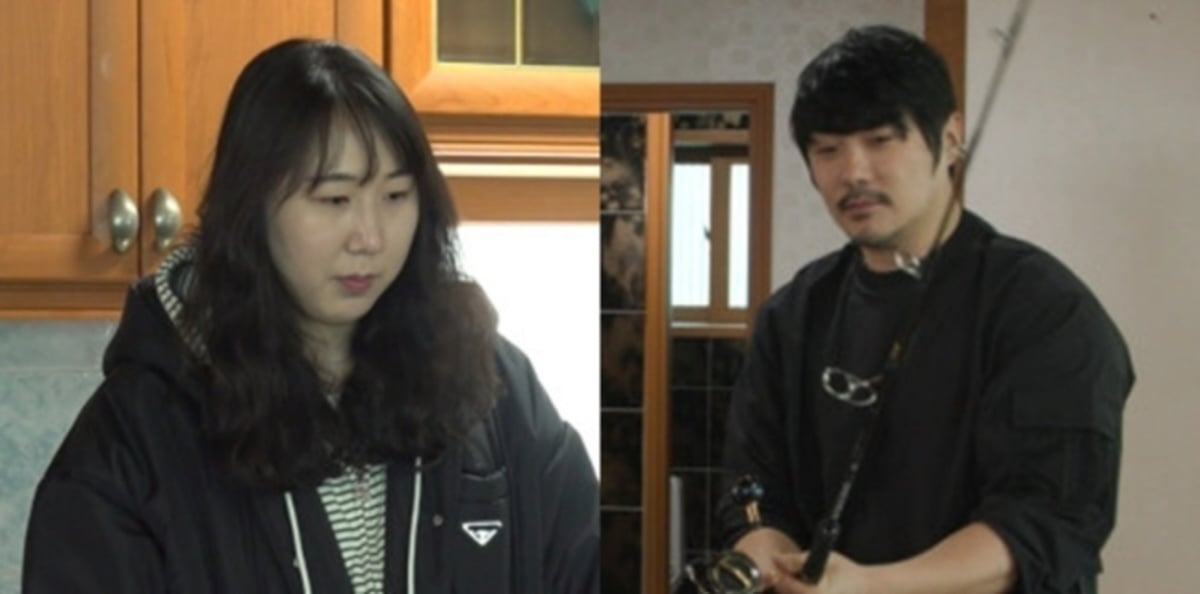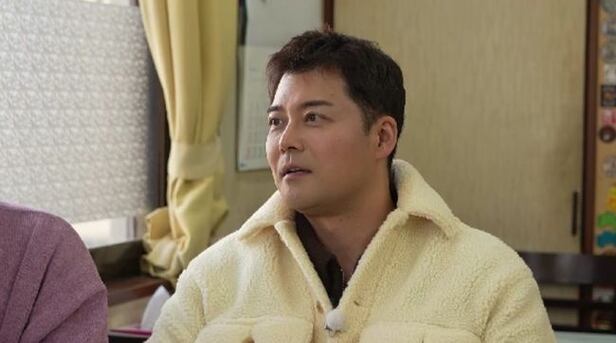Reflections on Life and Loss: A Journey Through Care

After finishing a lecture in the countryside, I found myself listening to the song '봄날은 간다' (Spring Days Are Passing) on the radio. Every April, my mother would sing the line, "The light pink skirt dances in the spring breeze." Even my tone-deaf father used to hum this song during his lifetime. Growing up in the impoverished alley of Gulebong-dari in Seoul, we found solace in the lyrics, "When the flowers bloom, we laugh together; when they fall, we cry together." It turns out that the lyricist, Son Ro-won, wrote these words while missing his mother in a makeshift home in Busan during the Korean War.
Indeed, we are all someone's son or daughter. Feeling guilty for neglecting to visit my mother due to my busy schedule, I turned my car around and headed to the hospital where she is currently admitted. Even at over sixty, I still call her 'Mom' instead of 'Mother.' It has been four years since she was transferred from the emergency room to the intensive care unit, then to a university hospital, and finally to a nursing home. Now in her nineties, she struggles to maintain her body and cannot swallow food.
Life is often compared to a game divided into two halves, but in this age of longevity, there is also an 'overtime' phase awaiting us. Nursing homes can be some of the most sorrowful places in the world. While there are compassionate doctors and nurses, there are also those who seem emotionally detached. The struggle to find caregivers sometimes leads to humorous situations, like communicating with a Chinese caregiver who doesn't speak Korean through a smartphone translator. Unlike the limited overtime in a soccer match featuring Son Heung-min, the duration of life's overtime remains uncertain, which adds to the challenge.
Swiss doctor Elisabeth Kübler-Ross categorized the emotions of those facing death into five stages: denial, anger, bargaining, depression, and acceptance, coining the acronym DABDA. My mother experienced something similar. When she first suffered a stroke, she went through denial and then anger. The only thing that helped her come to terms with her reality was a copy of Albrecht Dürer's painting 'Praying Hands.' She prayed earnestly to the divine every day.
When she could still use one hand, she painted flowers and birds, believing that completing her artwork would lead to her discharge. Miraculously, she recovered and was able to leave the hospital to applause from the staff. However, when her illness recurred, her phone became the only connection to the outside world. On days when I received a call in the early morning saying, "I want to go home," I found myself unable to do anything for the rest of the day.
Recently, my mother asked me in a slurred voice, "What happened to Moon Seok-yeol?" After pondering her question, I realized that she had been hospitalized during President Moon Jae-in's term and was still there during the impeachment crisis of President Yoon Seok-yeol, leading to her mixing their names. When I burst into laughter in the heavy atmosphere of the hospital room, the elderly woman in the adjacent bed looked at me with a blank expression, seemingly questioning my sanity.
Life in the hospital is monotonous, and patients often feel slighted or envious over trivial matters. Those who can still speak often boast about their children to anyone who will listen, even if there is no audience. When families of other patients visit, the remaining patients often feel down. Just the other day, as I was leaving after visiting my mother, I heard a voice behind me. An elderly neighbor was speaking to another hard-of-hearing woman, saying, "Let’s not be envious!"
It felt like a sudden blow to my chin, igniting a warm surge of emotion. As Peter Drucker once said, true communication lies in understanding what others are not saying. In the hospital room of my late mother-in-law, there was a patient who hadn’t had a visitor for months. There are countless reasons for not being able to visit a hospital, but there is only one reason to go: the face waiting for you there. Time, indeed, is something we create, not something that simply passes.
Like Dürer's other painting 'Mother,' my mother's face is becoming gaunter, and her speech is more slurred than before, yet she can still communicate. When I played '봄날은 간다' on YouTube, she remarked that she liked the original by Baek Seol-hee and the voice of Jang Sa-ik, then asked my age, saying, "You’re in your prime. It’s a good time." While I feel I’ve entered a difficult phase of life, to my mother, my age seems to be the peak. Perhaps we only realize how good certain times were after they have passed. We only understand how wonderful our forties were when we reach fifty, and how happy our fifties were when we turn sixty.
People often ask me, "Where do you find inspiration for your writing?" The truth is, moments of inspiration rarely exist. It’s usually a matter of something dormant within being stirred by the right pressure. I once wrote a manuscript in the waiting room while my mother was in the intensive care unit, as deadlines loomed. The term 'deadline' in English refers to the line between life and death. Thanks to these deadlines, I am forced to summon inspiration, making them a true muse for creativity.
Life is similar. Perhaps the greatest inspiration comes from death itself. By being aware of death, we are reborn every day. As I step out of the hospital, I finish singing the song my mother loved: "When the bird flies, I laugh along; when the bird cries, I cry along. In that whimsical song, spring days are passing..."














